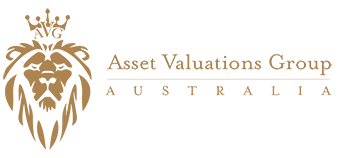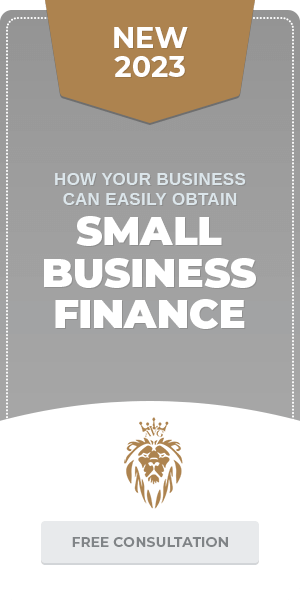How Do I Value My Pokemon Card Collection?
When it comes to valuing a Pokemon card collection, there are a few different options available. Fortunately, Asset Valuations Group (AVG) can provide an accurate assessment of the value of a Pokemon card collection. AVG is a professional asset valuation firm that specialises in the appraisal of Pokemon cards. The team at AVG has years of experience in the Pokemon card market and can provide an accurate valuation of any collection.
The first step in determining the value of a Pokemon card collection is to identify the condition of each card. AVG will examine the cards for any signs of wear, including fading, creasing, staining, and more. They will then grade each card according to its condition. This is an important step as it will determine the value of the card. Once the cards have been graded, AVG will then assign a value to each card based on its condition and market trends.
The next step in valuing a Pokemon card collection is to determine the rarity of the cards. AVG will use a variety of resources to determine the rarity of each card. This includes looking at sales history, auction results, and other sources. This information will help AVG assign a value to each card based on its rarity.
Finally, AVG will assess the collection as a whole and assign an overall value. This value is based on the rarity of the cards, their condition, and the current market value of Pokemon cards. AVG will also take into consideration any other factors that could affect the value of the collection, such as the age of the cards and the popularity of the set.
Once AVG has completed their assessment, they will provide a report that details the value of the collection. This report will include the estimated value of each card as well as the overall value of the collection.
By using AVG to value a Pokemon card collection, collectors can ensure that they are getting an accurate assessment of the value of their cards. AVG takes into account the condition of the cards, the rarity, and the current market value of Pokemon cards. This allows collectors to get an accurate valuation of their collection and make informed decisions about where to invest their money.
Additionally, collecting Pokemon cards can be a great way to turn a profit. By using AVG to accurately value a collection, collectors can ensure that they are getting the best return on their investment. AVG can also provide advice on how to maximize the value of a collection and make the most of their investment.
Whether you are a collector looking to accurately value their collection or an investor looking to turn a profit, AVG can provide the expertise and expertise to accurately value a Pokemon card collection.






Leave a Reply
Want to join the discussion?Feel free to contribute!